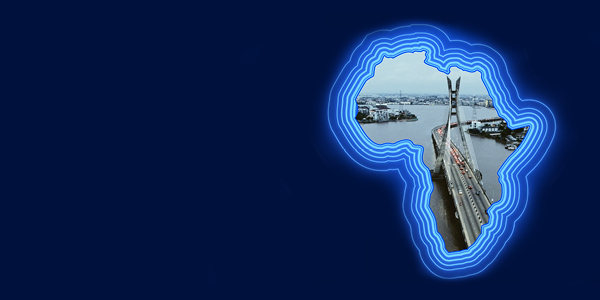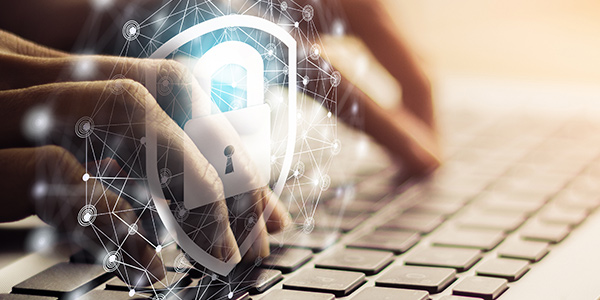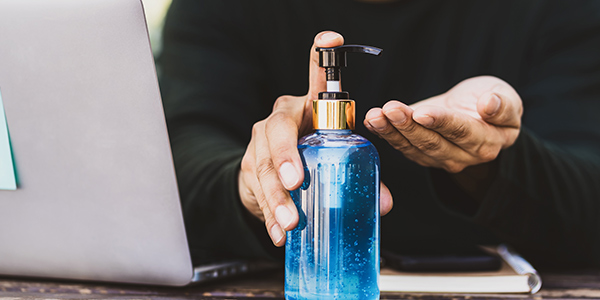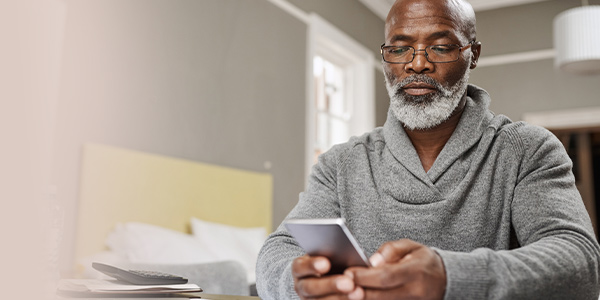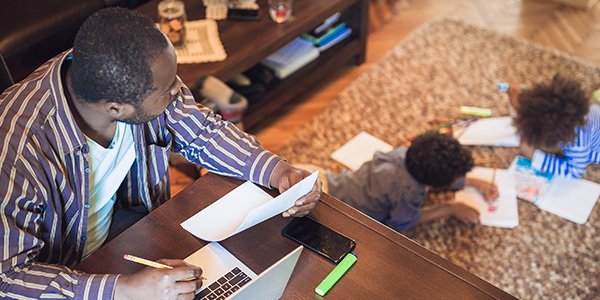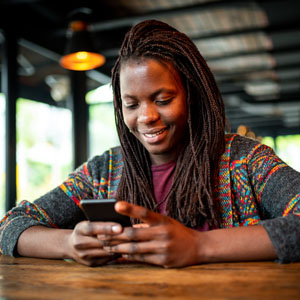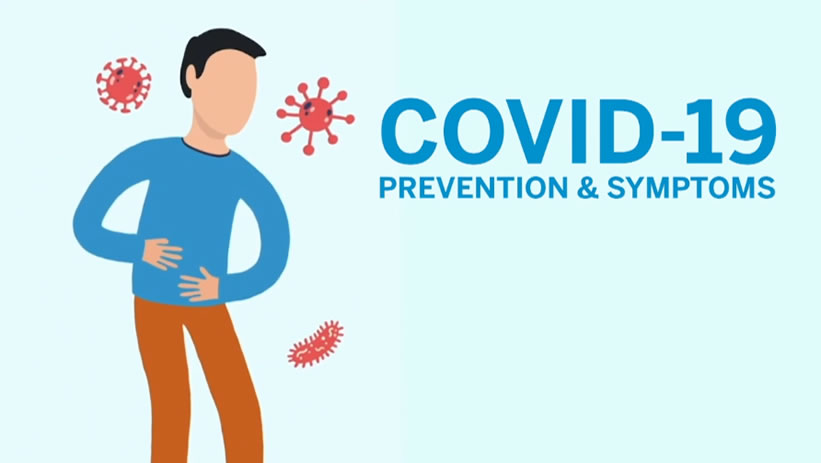We are here for you during this Covid-19 pandemic
We have supported our customers and communities for more than 156 years, with a presence in 20 countries. During the Covid-19 pandemic, our priority remains the same. Find out how we’re supporting the continent during this difficult time.



For the most recent official news visit our news centre.
These sites continue to provide more detailed information regarding the pandemic.
Read up on what is happening in each of our markets we operate in.
Measures which Angola have put in place.
Measures which Botswana have put in place.
Measures which Ghana have put in place.
Measures which Kenya have put in place.
Measures which Lesotho have put in place.
Measures which Malawi have put in place.
Measures which Mauritius have put in place.
Measures which Namibia have put in place.
Measures which Namibia have put in place.
Measures which Nigeria have put in place.
Measures which South Africa have put in place
Measures which Swaziland have put in place.
Measures which Tanzania have put in place.
Measures which Uganda have put in place.
Measures which Zambia have put in place.
Measures which Zimbabwe have put in place.
World Health Organisation | Tel: +47 2 413 9402 | Email: [email protected] | Website: https://www.who.int World Economic Forum: Read more Podcast: Listen now
Human Coronaviruses are common throughout the world. There are many different coronaviruses identified in animals but only a small number of these can cause disease in humans.
On 7 January 2020, ‘Severe Acute Respiratory Syndrome Coronavirus 2’ (SARS-CoV-2) was confirmed as the causative agent of ‘Coronavirus Disease 2019’ or COVID-19. The majority of the case-patients initially identified were dealers and vendors at a seafood, poultry and live wildlife market in China. Since then, the virus has spread to more than 100 countries, including South Africa.
How to protect yourself and others from infection:
- Avoid close contact with people who are sick.
- Cover your cough or sneeze with a tissue, then throw the tissue in the trash.
- Clean and disinfect frequently touched objects and surfaces.
- Avoid touching your eyes, nose, and mouth.
- Wash your hands often with soap and water for at least 20 seconds. Stay home when you are sick, except to get medical care.
Symptoms* of COVID-19 can include:
- Fever
- Cough
- Shortness of breath
*Symptoms may appear 2-14 days after exposure and can be mild or severe cases of the above.
Seek medical advice if you develop symptoms, and have been in close contact with a person known to have COVID-19 or if you live in or have recently been in an area with ongoing spread of COVID-19.
-
What is COVID-19?
-
Infection prevention measures
Human Coronaviruses are common throughout the world. There are many different coronaviruses identified in animals but only a small number of these can cause disease in humans.
On 7 January 2020, ‘Severe Acute Respiratory Syndrome Coronavirus 2’ (SARS-CoV-2) was confirmed as the causative agent of ‘Coronavirus Disease 2019’ or COVID-19. The majority of the case-patients initially identified were dealers and vendors at a seafood, poultry and live wildlife market in China. Since then, the virus has spread to more than 100 countries, including South Africa.
How to protect yourself and others from infection:
- Avoid close contact with people who are sick.
- Cover your cough or sneeze with a tissue, then throw the tissue in the trash.
- Clean and disinfect frequently touched objects and surfaces.
- Avoid touching your eyes, nose, and mouth.
- Wash your hands often with soap and water for at least 20 seconds. Stay home when you are sick, except to get medical care.
Symptoms* of COVID-19 can include:
- Fever
- Cough
- Shortness of breath
*Symptoms may appear 2-14 days after exposure and can be mild or severe cases of the above.
Seek medical advice if you develop symptoms, and have been in close contact with a person known to have COVID-19 or if you live in or have recently been in an area with ongoing spread of COVID-19.
Frequently asked questions
ATM’s will remain functioning during this time however you should try to avoid the use of ATMs and rather pay for goods or services with your cheque, debit or credit cards at point-of-sale machines with the tap-to-pay functionality. We strongly encourage you to make your payments (to individuals or staff) by using digital services to minimise exposure to an area that is likely to attract high volumes of foot traffic.
If you must withdraw cash from the ATM, we reiterate the continuous washing of hands, including before and after touching the ATM screen or buttons and handling money, especially if eating or touching food.
We strongly encourage you to rather use digital channels for your personal and business banking needs. If you would rather engage with a person, our call centre agents can be contacted guide you through your queries, advise you on how best to become a digital customer or assist you with your immediate banking needs. There is no need to visit a physical branch during this time, as all main banking activities can be conducted via digital channels.
If you must visit a physical branch, we can reassure you that information and health and sanitary equipment has been distributed to our employees who are currently serving customers at our branches across the country.
There are alternative ways to handling cash that are available to Standard Bank customers and non-customers, including a number of digital and contactless payments.
Digital platforms provide an efficient, fast, safe and nearly instantaneous solution to many, if not all of your daily banking requirements, away from public spaces. If you have any queries regarding the use of Standard Bank’s digital services, contact the call centre where one of our agents will be able to assist with your banking needs.
If you have to deal with cash, we reiterate the continuous washing of hands, including before and after handling money, especially if eating or touching food.
We have robust systems in place. We are constantly monitoring and have our best people ensuring that we provide always on banking services. In the unlikely event of a disruption to this service, customers will be informed immediately. We aim to uphold high service standards during the lockdown and thank all of our customers for their patience and understanding at this time.
Standard Bank representatives will be available to assist you should you require advice or have specific questions related to your financial needs. Our call centres, private bankers and relationship managers are there to assist you. Plans are in place to ensure that this is done effectively and efficiently.
If you are in financial distress, you should contact us as soon as possible. The sooner we are informed, the sooner we can find a workable solution to address or resolve issues of financial distress. It is not in Standard Bank’s interest to see a business fail, or a home lost. It is in both parties’ interest to find a workable solution.
Our top priority has been to ensure the health and safety of our employees. We have initiated social distancing in our places of work, and we are continuing to roll out the necessary infrastructure to ensure that information and health and sanitary equipment is distributed to our employees.
We have put procedures in place to minimise social contact at our place of work – meetings and gathering are to be done digitally to avoid close interpersonal contact. We need to do this because we care. Our employees are our most important asset, and we as a collective are here to serve you.
We do understand that in any business or personal financial cycle there can be challenges in meeting financial obligations. These challenges may be heightened especially in times of economic downturns and crisis.
We know that for businesses especially, day-to-day functions and operations are facing many challenges. We are here to assist and guide you to ensure that you receive the necessary uninterrupted service and systems to be able to function effectively in these challenging circumstances.
Our call centres, private bankers and relationship managers are there to assist you. If your business is experiencing financial distress, you should contact us as soon as possible.
You can access wide-ranging features via Standard Bank’s digital channels. Manage account limits, make payments to local or international beneficiaries, stay connected, download and send statements or use mobile money almost anywhere and at any time.
Digital solutions for business owners also make it possible to bank remotely and our relationship managers are available via phone and email to assist wherever possible.
We have implemented robust business-continuity measures, including provisions for employees to work from home wherever possible, and have ensured that its systems will be supported, maintained and continuously improved throughout the lockdown period.
Branches will remain open, but we encourage all customers to use digital channels wherever possible to transact. Our digital channels enable you to make payments and purchases, access loans, open accounts and perform other tasks online. Should you need to access a service in one of our branches, we would like to encourage the practice of social distancing where possible.
Standard Bank call centres will remain operational and ready to attend to customer queries.
Our point-of-sale services will remain functional for essential businesses including supermarket retailers.

